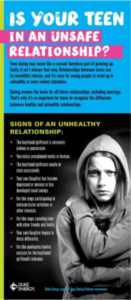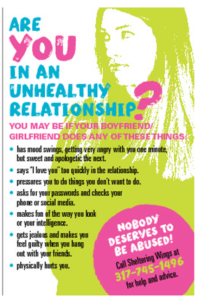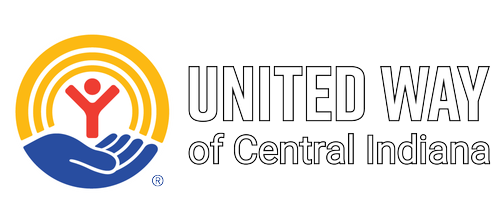I Care About a Teen
 Young people are listening to what adults say even when they don’t appear to be. By showing nonjudgmental interest, you’ll encourage them to trust you – the first hurdle in helping any teenager.
Young people are listening to what adults say even when they don’t appear to be. By showing nonjudgmental interest, you’ll encourage them to trust you – the first hurdle in helping any teenager.
You can ask them how they recognize a healthy relationship, what they’d do if a boyfriend/girlfriend needed to know where they were all the time, how they feel if the person they like doesn’t text them back.
Listen seriously when they say they’re uncomfortable with another person’s behavior or sad about a breakup. Try not to minimize their relationships with remarks like, “You’re young. You’ll get over it,” or “You’ll have plenty of boyfriends/girlfriends.”
3 Ways to Start a Conversation With a Teen
1. Talk about personal boundaries.
Ask, “What are some examples of someone saying or doing something that crosses your personal boundaries? What can you say and do to communicate your personal boundaries?”
2. Share your own experiences.
We all were teenagers once, subject to the many heart-breaking and mean-spirited behaviors of our peers. Talk about what has made a relationship good or bad, and ask your teen what they think.
3. Include friends.
Ask if they’ve ever seen a couple act in a way that made them worried or uncomfortable, and what they would do in a similar situation. When you notice teens treating each other well, tell them you respect them for it.
Don’t be afraid to care. Download our Parent Resource Card. or Conversation Starters for preschool through high school.









